Georgia and the West’s obvious double standards Experts weigh in on the declining support for the opposition
Speaker of the Georgian Parliament Shalva Papuashvili made a number of statements regarding the failure of opposition forces that had pinned their hopes on Western support.
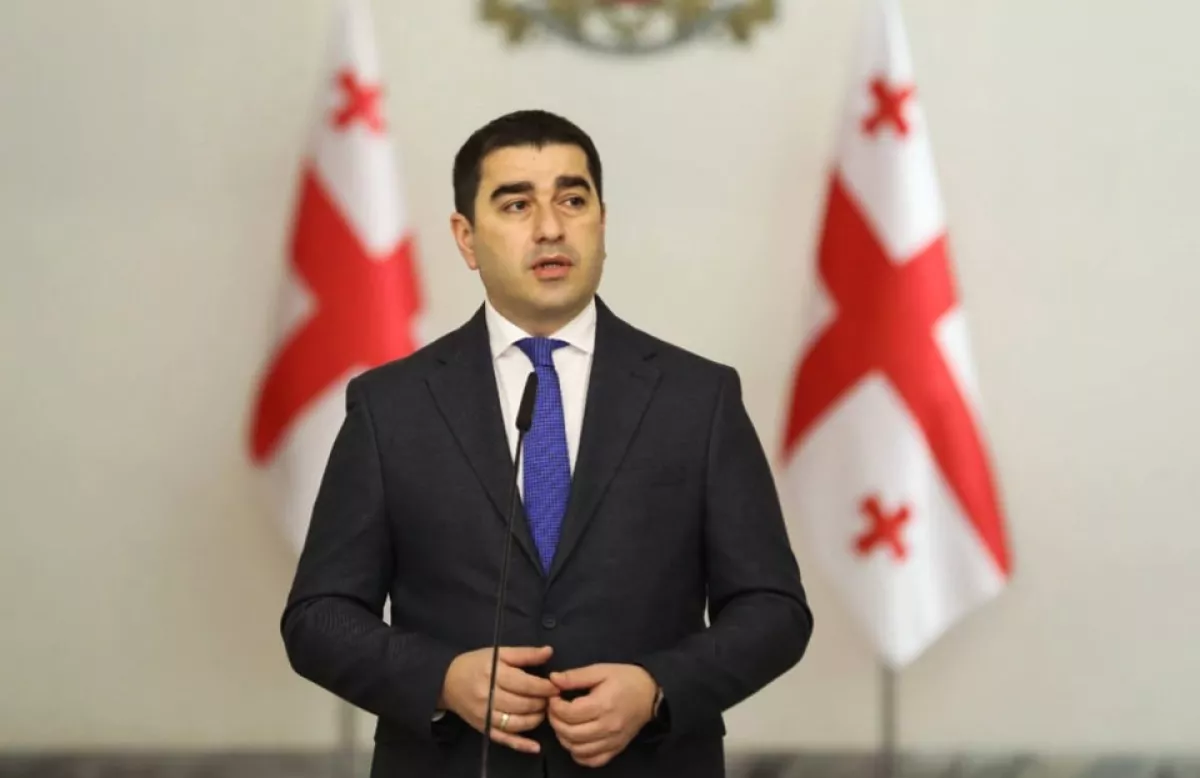
“Six months have passed since the parliamentary elections of October 26, 2024. Contrary to the expectations of sceptics and critics, the 11th convocation of the Parliament of Georgia is carrying out its duties fully. The boycott declared by the radical opposition has harmed no one but the opposition itself, leading them to the political graveyard.
Over the past months, both the Georgian state and its citizens have learned an important lesson - the one that must be carefully summarised and remembered. Some seek to rewrite history and bend it to serve their own agenda, but we will not allow this,” the Speaker stated.
According to him, “What set these elections apart was the unprecedented and overt involvement of foreign actors in Georgia’s political process and attempts to influence people’s will. Despite legal prohibitions, some diplomatic missions openly took sides in the open and free competition between Georgian political forces, supporting the opposition and directly advocating for a change of government.”
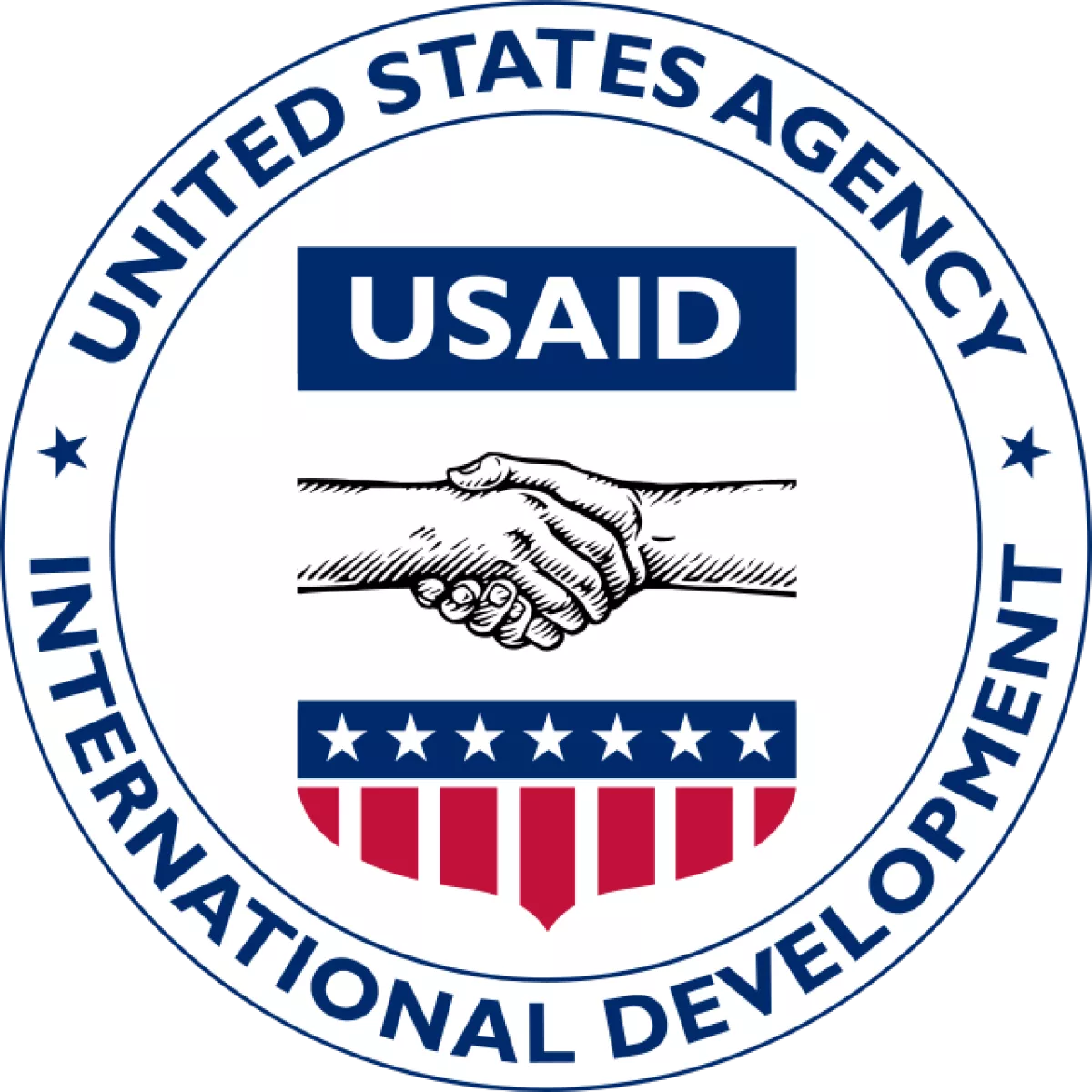
Papuashvili also noted that the withdrawal of USAID from Georgia led to a weakening of protest momentum: “The removal of USAID as a major donor from the international arena, including in Georgia, compelled other foundations to at least partially offset the vanished dollars with euros. It is precisely this diminished protest that we observe today, still struggling to gain traction with a bankrupt agenda.”
It has now been six months since the protests began. Can we conclude today that those who rejected the results of the October elections have ultimately lost—and that no one will attempt to revise the outcome of the vote? In other words, will the West now be forced to accept the new parliament, government, and president, and begin cooperating with them?
Foreign experts shared their views on this matter with Caliber.Az.
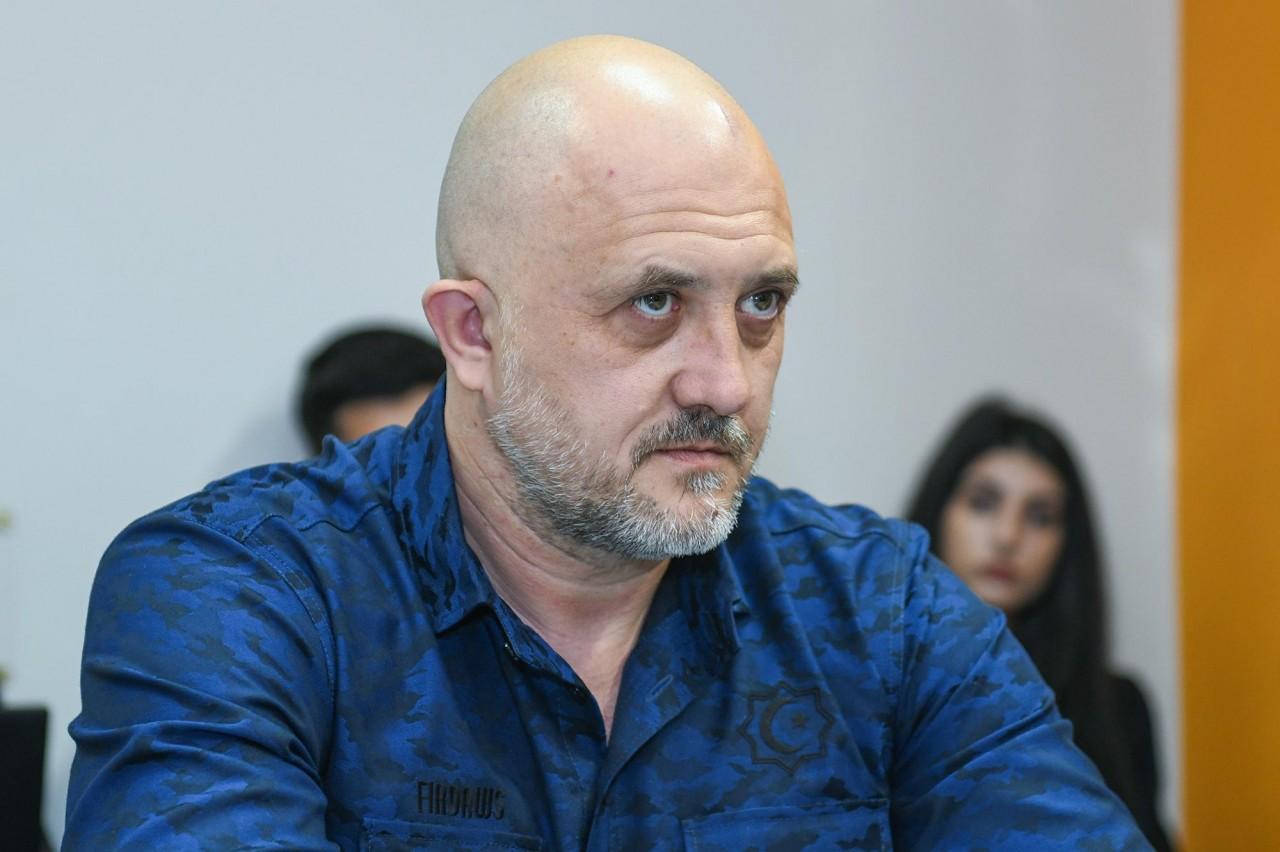
Yevgeny Mikhailov, a Russian political analyst and Director of the Centre for Strategic Studies of the South Caucasus, believes that Shalva Papuashvili’s statements confirm a broader consensus—that the opposition has lost its momentum.
“First and foremost, this is linked to USAID’s withdrawal from Georgia and the sharp decline in funding for opposition NGOs and other organisations that shaped public opinion in the country.
Moreover, according to my information, there has been a significant drop in the flow of cash from Armenia to Georgia, because Armenia itself has also stopped receiving money from various American foundations previously overseen by USAID.
It’s now clear that Georgia’s parliament has withstood the pressure, Georgia itself has resisted Western pressure, and as a result, the situation has become somewhat easier for the country.
Looking ahead, I do not foresee any major upheavals in Georgian society—the further we go, the more the current authorities are consolidating full control over the situation in the republic, including over the organisations that were funded from abroad.
At this point, the Americans have more pressing concerns than Georgia. Accordingly, the European Union will also be forced to accept the new parliament, government, and president,” the expert stated.
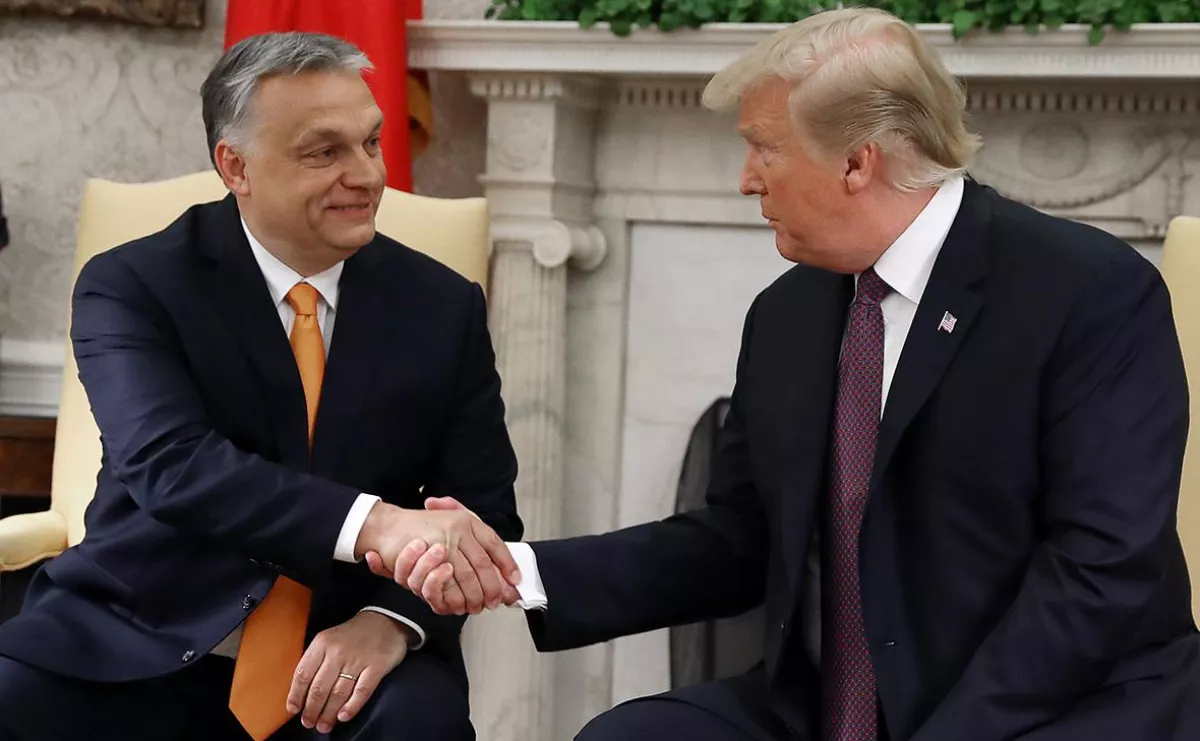
He added that cooperation with the European Union is, in fact, already underway: “Georgia enjoys excellent relations with Hungary, for instance. And Hungary is essentially the main stronghold of Trumpism in Europe, given that Viktor Orbán is closely aligned with Donald Trump and essentially echoes his views on the European stage. These views are very different from the policies promoted by the previous U.S. administration, which provided funding for protests in Georgia and other post-Soviet republics.”
According to him, the Georgian government now holds a kind of carte blanche: “The Americans have not yet decided where to channel funding in support of their interests. USAID is currently being restructured—it’s being transformed into a new entity with similar powers, but under the full control of the newly elected U.S. leadership.
The Trump administration will be reassessing America’s involvement in international processes. It’s clear that Georgia is not among Trump’s current priorities. The Pacific region is far more important to him.
There may be some kind of agreement reached with Russia and other regional powers regarding a balance of power in the South Caucasus.
The U.S. is staying out of it—and in return, we are not obstructing American business interests.
The fact that the U.S. and the EU will no longer actively support the Georgian opposition is undeniable.
Amid reduced aid to Ukraine, declining U.S. involvement in European affairs, and European countries’ calls for militarisation, everyone will be counting their money. Georgia will increasingly be left to its own devices—creating a real opportunity for it to pursue an independent policy,” Mikhailov concluded.
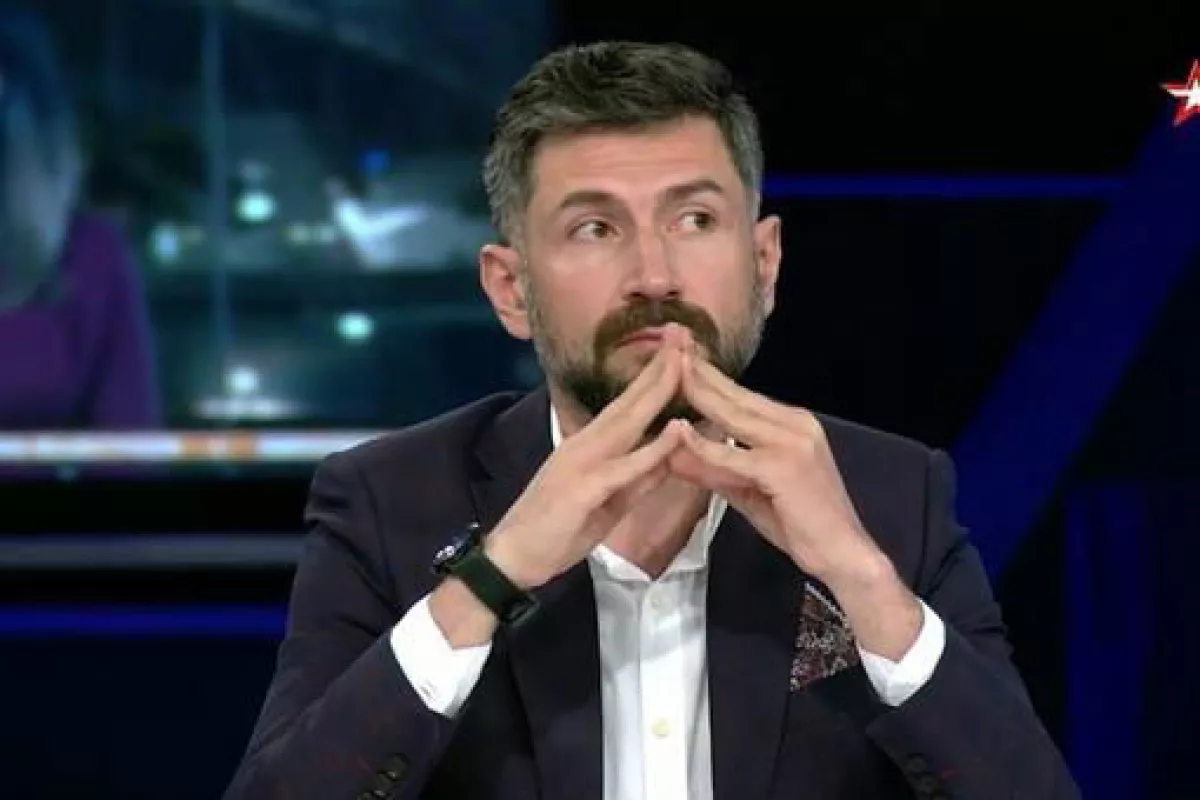
Shota Apkhaidze, political analyst, Director of the Caucasus Centre for Islamic Studies, and expert at the Financial University under the Government of the Russian Federation, expressed a similar viewpoint.
“It was clear from the outset that no one was going to revise the election results. The opposition understands this perfectly well. At this point, it’s staying afloat only thanks to the prolonged protest actions—which, in fact, suit everyone involved.
On one hand, Georgian Dream is showing the world that the opposition is destructive, refuses to participate in the legislative process, and does not accept the election outcome.
On the other hand, the opposition maintains the illusion of a struggle, which helps it preserve its image among pro-European supporters.
Both sides are content with this arrangement.
There are, in fact, quite a few protestors who are genuinely motivated—ideologically pro-Western citizens. Despite everything, they still believe the West will embrace us.
But these demonstrations have, in effect, been marginalised by their own participants. That is their defeat,” the expert told us.
Apkhaidze also commented on the role of USAID:
“Yes, their funding for the protests has stopped. Some projects were frozen or shut down, but USAID has not completely left Georgia. They continue to operate, but no longer play a central role in financing protest activity. Besides USAID, there are other sources. The embassies of Germany, France, and other Western countries can fund protests under the guise of project support.
Georgian society is generally susceptible to external temptations. Some knowingly act in the interests of the West, while others sincerely believe in Western ideals. For now, it’s difficult to say whether the West will ultimately recognise the legitimacy of the new parliament. On the one hand, there’s been no formal recognition. On the other, the new president, Kavelashvili, has already paid a visit to the Vatican. Western standards are inconsistent.
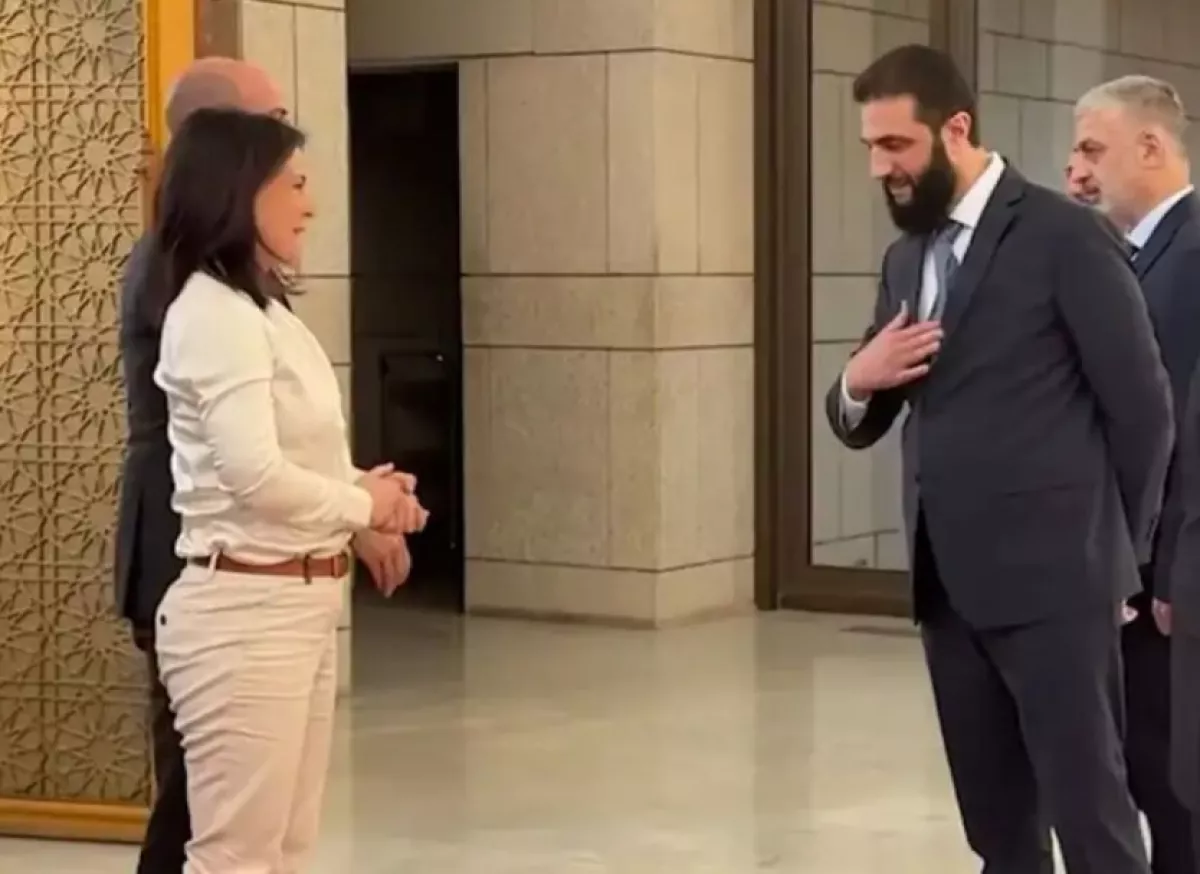
The West once labelled the Taliban as terrorists—then began negotiating with them. They recognised Ahmad al-Sharaa in Syria, although not long ago he was considered a terrorist. German Foreign Minister Annalena Baerbock met with him, followed by other Western leaders.
The West operates with double standards. And in our case, it cannot be ruled out that they will eventually accept Georgia’s new government, elected in the October elections. Ultimately, double standards have always been a tool used by the West according to its own interests,” the expert concluded.








